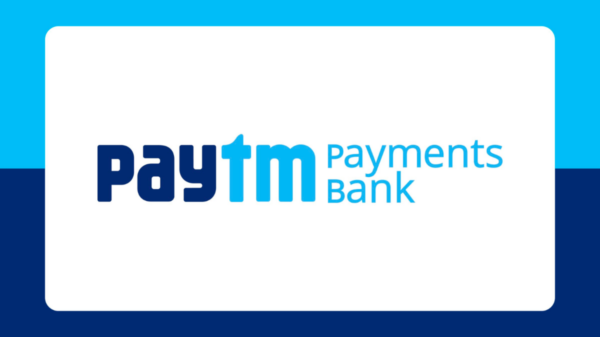It’s much easier said than done to plan for the unexpected. Many businesses’ defenses are vulnerable to cyberattacks, and they haven’t planned for the consequences. Cybercriminals know they may gain a lot of money if they fulfill their malicious goals, thus businesses are vulnerable to cyberattacks.
Because hackers are continually seeking for flaws in cybersecurity protocols, large businesses and small and medium-sized enterprises (SMEs) must be proactive in order to avoid an attack.
While there is no way to guarantee that a company will be safe from a cyber assault, there are numerous physical and technical precautions that may be implemented to better protect network data. Continue reading to understand how your team can stay current with the latest tools and information in order to be prepared for the next major cyber threat.
Educate Employees
Employees’ home PCs, broadband, and VPN connections unwittingly expose them to the internet. Share best practices and often ask questions about working from home and maintaining good cyber hygiene. Provide guidelines for notifying the firm’s cyber task force of any unauthorized access right away. Examine your VPN traffic on a regular basis and keep an eye out for any unusual behavior.
Password with good security
It is critical to have a strong and distinct password for each account. Consider using a password algorithm or a common password theme to help you remember all of your complicated passwords. Fingerprint and facial recognition characteristics are now commonplace in banking organizations. When accounts allow it, use more secure login protocols like two-step authentication.
Install antivirus and endpoint protection software that is up to date
It is more expensive to lose data than to invest in advanced cybersecurity technologies to prevent it from being lost. By constructing a firewall to protect your network from viruses and brute force attempts to access your computers, antivirus software and endpoint protection services provide value for money. They scan your devices and portable drives for malware, preventing cyber criminals from compromising your company’s internet defenses.
The key to utilizing antivirus software is to keep it up to date and to have the protection settings set to the highest level possible.
Observe and audit your network on a regular basis
In addition to the policy formulation and training that comes with building an incident response plan, frequent monitoring and security audits should be in place to spot minor concerns before they become large ones.

Firewalls, antivirus, proxies, multi-factor authentication, and other preventive security solutions are important, but they aren’t enough. The threat actor environment has progressed from merely generating malicious software to now including sophisticated weaponization of that software, as well as the use of trusted delivery mechanisms to hide harmful activities.
Create a set of solid data governance principles
Data security is an important aspect of overall cybersecurity concepts, and data governance ensures that the proper data is protected. Organizations hold far too much data for far too long, exposing critical information to malicious actors and increasing corporate risk. Good data governance policies, such as removing any data that isn’t required to deliver their services or meet a regulatory requirement, are necessary for reducing this hazard. Deleting unnecessary sensitive data from the environment not only minimizes the danger of a breach, but it also lowers IT expenses by shrinking the infrastructure footprint and limiting the scope of privacy and other legal obligations.
Outsource your security requirements to a cybersecurity service
Smaller organizations with low IT budgets, those who can’t afford a large staff of in-house internet security professionals, and those who struggle to hire qualified cybersecurity specialists may find cybersecurity tough.
Outsourcing cybersecurity to specialized organizations allows you to hire competent and devoted IT professionals to monitor your network, assess your online threat exposure, and respond to the many cyberattacks that are common these days. Furthermore, outsourcing allows you to concentrate on your main business while knowing that the professionals are up to date on current cyber threats and will provide your firm with layered protection.




































